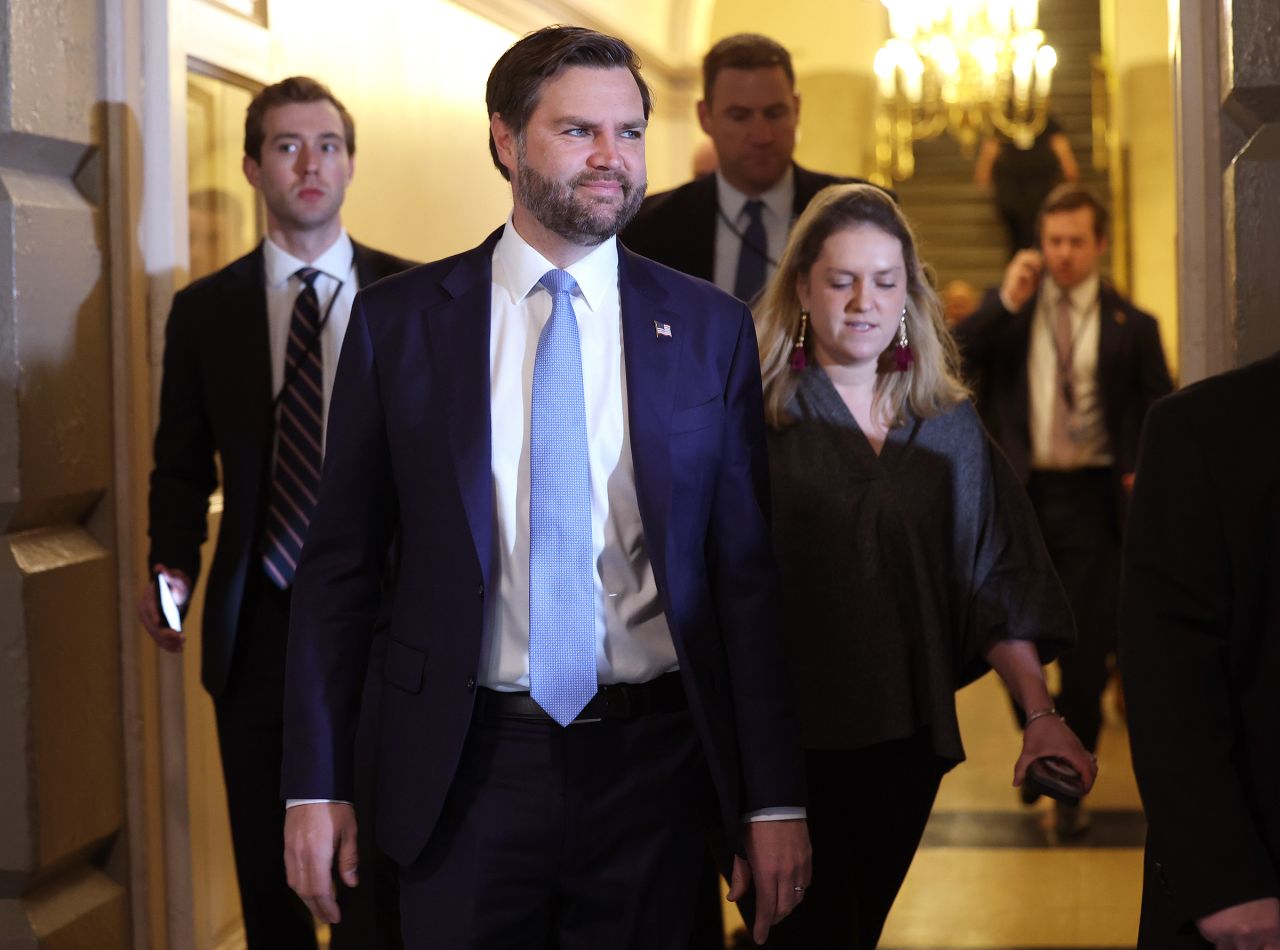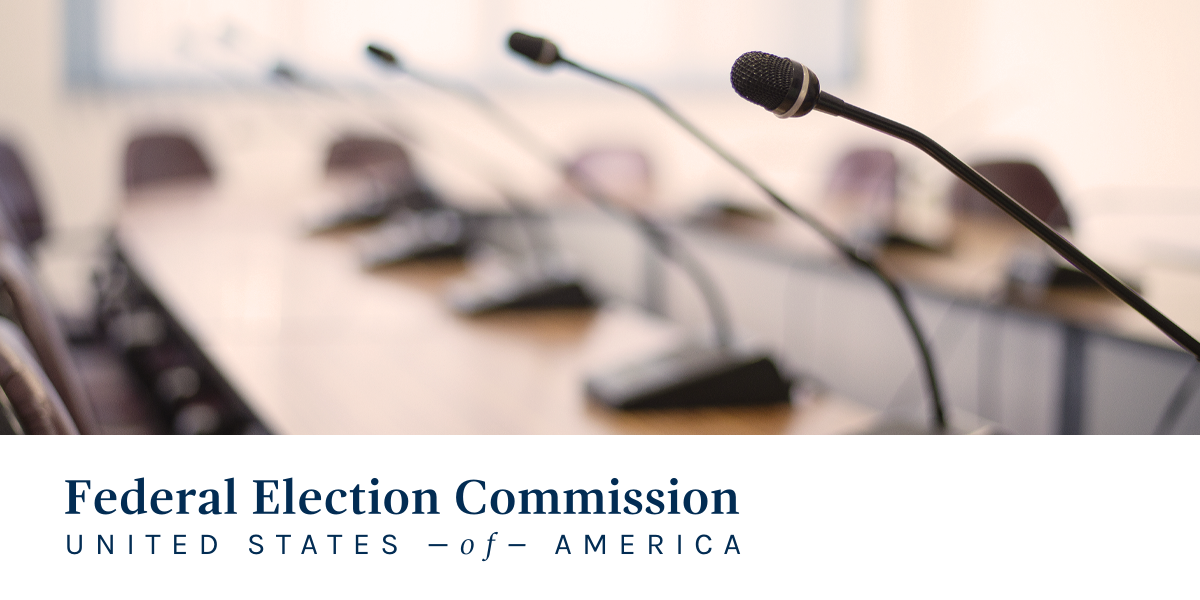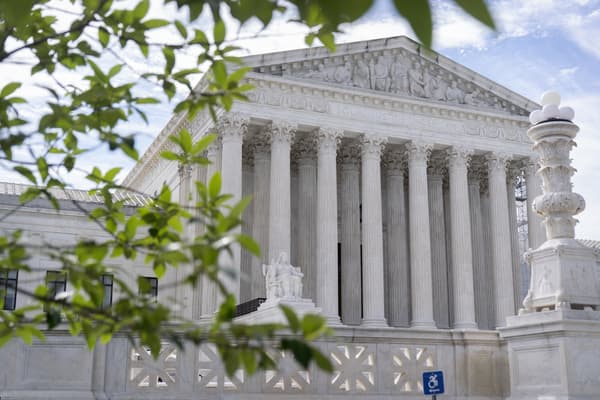The Supreme Court has agreed to hear a challenge that could unleash a torrent of campaign cash, potentially reaching over $1 billion, into federal elections. This case, led by Republicans including Vice President JD Vance, threatens to dismantle crucial spending limits established post-Watergate, a period defined by egregious abuses of power and corruption that rocked American democracy.
Background of Campaign Finance Laws
Since the Watergate scandal, the 1974 Federal Election Campaign Act (FECA) has imposed strict limits on how much political parties can coordinate their spending with federal candidates. These regulations were designed to keep the electoral process free from the undue influence of wealthy donors and special interests. However, as reported by the Federal Election Commission, the National Republican Senatorial Committee and National Republican Congressional Committee, alongside Vance, argue that these limits infringe upon their First Amendment rights to free speech.
Implications for Democratic Governance
This challenge has profound implications for democratic governance. The potential removal of these limits could transform federal elections into a battleground where the loudest voices—those backed by immense financial resources—drown out the concerns of ordinary voters. As reported by Reuters, the ramifications could be particularly severe for marginalized communities, who already struggle to have their voices heard in political discourse.

March 11, 2025: Donald Trump presidency news | CNN Politics
First Amendment or Corporate Greed?
At the heart of the matter lies a critical question: Is this a legitimate free speech issue, or are we simply witnessing the further erosion of the democratic process in favor of corporate greed? Critics argue that the very essence of democracy is at stake, as unlimited spending can lead to the manipulation of electoral outcomes, effectively silencing the average citizen. The case has the potential to undermine decades of progress toward a more equitable electoral system, where every vote carries weight regardless of socioeconomic status.
The Historical Context of Campaign Finance
The historical context cannot be overlooked. The Watergate scandal prompted a national reckoning with political corruption, leading to reforms meant to ensure transparency and accountability in campaign financing. As noted by Wikipedia, the fallout from Watergate revealed the dangers of unchecked political funding, laying the groundwork for regulations that protect the integrity of elections. The current challenge risks unraveling these hard-won protections, throwing the door wide open for a return to the dark days of political bribery and favoritism.

Commission meetings | FEC
What’s at Stake for Voters
For voters, the stakes couldn’t be higher. Should the Supreme Court side with the Republicans, we could see a dramatic escalation in campaign spending that prioritizes the interests of the wealthy over the needs of the public. Voters could find themselves overwhelmed by a barrage of advertisements funded by Super PACs and dark money groups, drowning out grassroots movements that rely on smaller donations and volunteer efforts. The potential for corruption grows exponentially as political parties gain more freedom to coordinate spending with candidates, blurring the lines between legitimate campaign support and coercive influence.




![[Video] Putin ready to refrain from deep strikes in Ukraine during elections](/_next/image?url=%2Fapi%2Fimage%2Fthumbnails%2Fthumbnail-1766158260919-wednc8-thumbnail.jpg&w=3840&q=75)


![[Video] Gunfire between Iraqi security forces and Sadr militias in Baghdad](/_next/image?url=%2Fapi%2Fimage%2Fthumbnails%2Fthumbnail-1768343508874-4redb-thumbnail.jpg&w=3840&q=75)
